Being Stuck Is Hard Work! Applying Five-Phase Elemental Theory to Overcome Obstacles
One of the challenges of being human is that our minds tend to hyperfixate on specific stressors. We become effectively stuck in a disturbing thought pattern that wreaks havoc on our health. We fall victim to our own circuitous emotional playlist, stuck in an autonomic overdrive of fear, anger, and worry. Instead of applying our resources to healing and growing, our Qi is siphoned off to serve the incessant demands of our overactive stress hormones. The situation may feel bleak, however, applying the basic Five-Phase Elemental theory can help us emerge from this cycle.
The Tunnel Vision Effect
When we become overly fixated on stressful situations with work, family, or national politics, we often develop a form of tunnel vision. This narrowing of our mental scope is a well-known effect of stress, similar to what happens in high-anxiety situations like war or immediate danger. Our awareness contracts, leaving us oblivious to the world around us and solely absorbed in the disturbing attachment to one idea. We can often go through our lives in a low-grade, “tunnel vision” state for hours on end. This state contributes to common symptoms such as fatigue, stagnation, brain fog, irritability, insomnia, and anxiety. This is the opposite of the expansive awareness we experience in meditation or the famous “flow-states” in which we easily overcome obstacles and gracefully glide through challenging situations.
The Elemental Nature of Being “Stuck”
Five-phase elemental theory, used in Chinese and Tibetan Medicine, offers insights into human psychology and behavior patterns. The state of being hyperfixated on a stressor is associated with the wood element. Imbalanced wood element tends to be expressed as linear, future-thinking, obsessively goal-oriented, narrow-minded, egotistical, and charged by anger and frustration.
An excessively linear view is easily confounded by the simplest of obstacles. It is like a tiny particle, stubbornly bouncing off of another particle. But how can a tiny particle overcome the limitations of a 1-dimensional existence?—by expressing as a wave! Therefore, we must implement a sea change. We can shift our mind from a narrow scope into a more oceanic view.
Immerse In the Ocean of Creativity and Imagination
The solution to being stuck in a psycho-emotional wood element imbalance is to relax our mind back into the maternal, nourishing embrace of the water element. The nature of the water element is voluminous, deep, and absorptive. It expresses the wisdom to dissolve away and flow around obstacles.
To shift from wood to water, we need to engage our imagination and creativity. Instead of relying solely on cerebral, linear thinking, we should immerse ourselves in the depths of our subconscious, drawing upon our life experiences and the full spectrum of perception. This practice allows us to think outside the box and dream up new ways of being, smoothly slipping around obstacles or gently dissolving them.
In Conclusion
The water element is the mother of the wood element. It nourishes and vitalizes the function of the wood element. A balanced expression of the wood element is inspired, proactive, confident, and coordinated. It strives forward with clarity and vision, remaining free from encumbrance and effectively navigating conflicts. Thus, nourishing our water element improves the function of our wood element. This means that cultivating our introspective and imaginative mind state will support the success of our more directed, proactive endeavors.
How do we nourish our psycho-emotional water element? We spend time relaxing into our profound, imaginative space. This can include taking quiet time, making art, enjoying nature, reading, meditating, contemplating, and sharing deep conversations. In this way, when we find ourselves butting heads with our challenging circumstances, we will succeed in stepping off the line of attack, finding a way to glide past our problem and sail off into the sunset.

